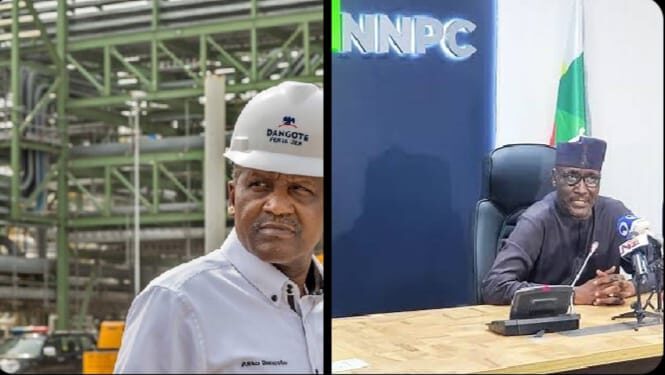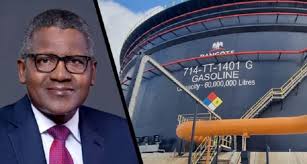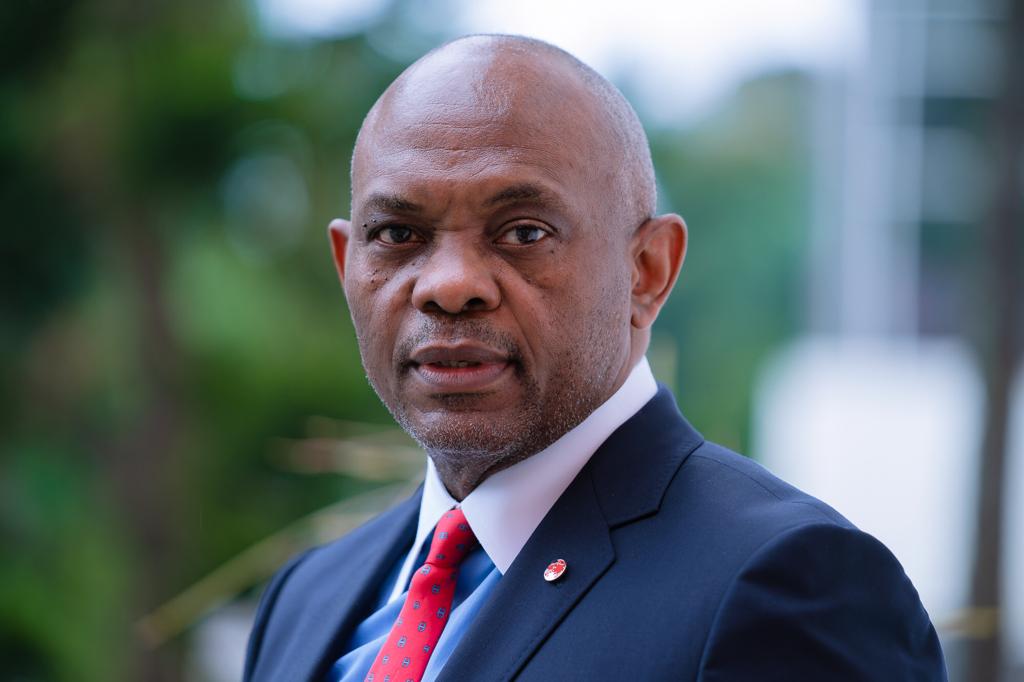The oil sector has long been Nigeria’s economic lifeblood, contributing the bulk of its foreign exchange earnings and government revenue. Yet, despite the nation’s immense crude oil reserves, the industry is riddled with corruption, mismanagement, and leadership failures.
The result is a sector that perpetuates fuel shortages, poverty, illegal bunkering, and rampant oil theft. These systemic issues have been dragging the industry backward, while other oil-producing nations make steady strides.
Join our WhatsApp ChannelThe Nigerian National Petroleum Company Limited (NNPCL), a pivotal institution in this sector, reflects these issues, revealing how poor corporate governance and operational inefficiencies continue to cripple the oil sector. This article explores the crisis and what it means for Nigeria’s future.
A Broken System
The challenges facing Nigeria’s oil sector are multifaceted, stemming from leadership problems, corruption, and inadequate governance. The NNPCL’s 2023 Audited Financial Statements (AFS) reveal a worrying picture. The company is grappling with non-performing receivables, revaluation gains used to declare profit, and underperforming assets that drain resources.
This indicates a deep-seated issue that cannot be resolved through internal efforts alone. A complete overhaul, including the introduction of external actors, is needed to revive this entity.
In its current state, the NNPCL faces numerous challenges, from its financial liquidity issues to its inability to manage its assets effectively. The company seems to be in a downward spiral, with little hope of recovery unless drastic measures are taken. As such, it is clear that the oil sector is operating in denial, unwilling to confront the reality of its declining influence and operational capacity.
Oil Sector Crisis and Governance
The Nigerian oil sector is governed by a complicated structure that combines both public and private entities, with the government playing a dominant role. NNPCL, as the key player, is meant to manage the country’s oil resources for the benefit of all citizens.
However, corruption and mismanagement have hampered its ability to fulfill this mandate. A combination of poor leadership and lack of corporate governance has left the company ill-equipped to handle Nigeria’s oil wealth efficiently.
Efforts to reform the oil sector have been met with resistance, especially from within NNPCL, whose leadership seems more interested in maintaining the status quo than embracing necessary changes. This attitude contributes to the continuing crisis, with inefficiencies, corruption, and fuel shortages persisting despite the country’s vast oil resources.
Impact of Oil Theft and Illegal Bunkering
Oil theft and illegal bunkering are major challenges plaguing the Nigerian oil sector. The rampant theft of crude oil reduces the nation’s earnings and contributes to fuel shortages. The lack of a strong regulatory framework to curb these activities only worsens the problem. Over the years, these illegal activities have become entrenched within the sector, feeding corruption at both the local and national levels.
READ ALSO: NUPRC Calls For Action To Boost Nigeria’s Oil Sector Amid Global Competition
Pipeline vandalism is also a significant issue, causing immense financial losses and environmental damage. The inability of the authorities to effectively manage the infrastructure supporting the oil sector reflects the overall governance failures affecting the industry. The combination of these factors results in frequent fuel shortages, despite Nigeria’s vast crude oil reserves.
Dangote Refinery: A Potential Solution?
The Dangote Refinery, often seen as a beacon of hope for the oil sector, has the potential to reduce Nigeria’s dependence on imported fuel. However, the refinery’s success is not guaranteed. As of September 2024, no clear commercial agreement has been reached between Dangote and the NNPCL regarding the sale of crude oil in Naira. Local marketers continue to import fuel, even as the refinery exports its products due to a lack of domestic patronage.
Despite the positive outlook surrounding the Dangote Refinery, its success hinges on overcoming numerous challenges, including securing consistent crude oil supplies, stabilising fuel prices, and resolving long-standing issues between NNPCL and local marketers. Without addressing these problems, the refinery’s potential may remain unrealized, prolonging Nigeria’s reliance on imported petroleum products.
The Naira Crude Oil Deal: Can It Work?
One notable initiative being discussed is the sale of crude oil in naira rather than in dollar. This move could help alleviate some of the financial strain on NNPCL, as it would eliminate the need to secure hard currency for crude oil purchases. However, the implementation of this deal has been fraught with delays and complications. The absence of a formal commercial agreement has left both parties—Dangote and NNPCL—in limbo, unable to move forward.
The naira crude oil deal is one of the many potential solutions to Nigeria’s fuel crisis. However, it is unclear whether the government and NNPCL will follow through with this initiative, or if it will be shelved like many other proposals. The oil sector cannot afford to miss out on such opportunities if it hopes to achieve stability and growth.
The Leadership Crisis
At the heart of Nigeria’s oil sector challenges lies a crisis of leadership. The management of NNPCL has failed to steer the company toward long-term sustainability, with leadership unable or unwilling to embrace change. The company’s financial woes and inability to deliver on promises indicate a failure in project management and oversight.
Many have called for a leadership shakeup at NNPCL, arguing that only a competent, visionary team can lead the company out of its current crisis. However, resignations and leadership changes remain unlikely, as the government continues to support the current management, which is seen as “doing a great job.” This reluctance to hold leadership accountable only prolongs the sector’s suffering, with no signs of improvement in sight.
Can Nigeria’s Oil Sector Be Saved?
The problems facing Nigeria’s oil sector are systemic and deeply entrenched. Leadership failures, corruption, and poor governance have turned the sector into a liability rather than the economic powerhouse it could be. Unless drastic changes are made—beginning with an overhaul of NNPCL’s leadership and governance structure—Nigeria will continue to struggle with fuel shortages, oil theft, and financial mismanagement.
While the Dangote Refinery offers a glimmer of hope, its success is far from guaranteed. The failure to secure a commercial agreement, the reliance on foreign fuel imports, and the ongoing crisis at NNPCL all point to a sector in desperate need of reform. For Nigeria’s oil sector to thrive, a bold vision for the future is required—one that prioritises accountability, efficiency, and long-term sustainability over short-term gains.
Emmanuel Ochayi is a journalist. He is a graduate of the University of Lagos, School of first choice and the nations pride. Emmanuel is keen on exploring writing angles in different areas, including Business, climate change, politics, Education, and others.

















